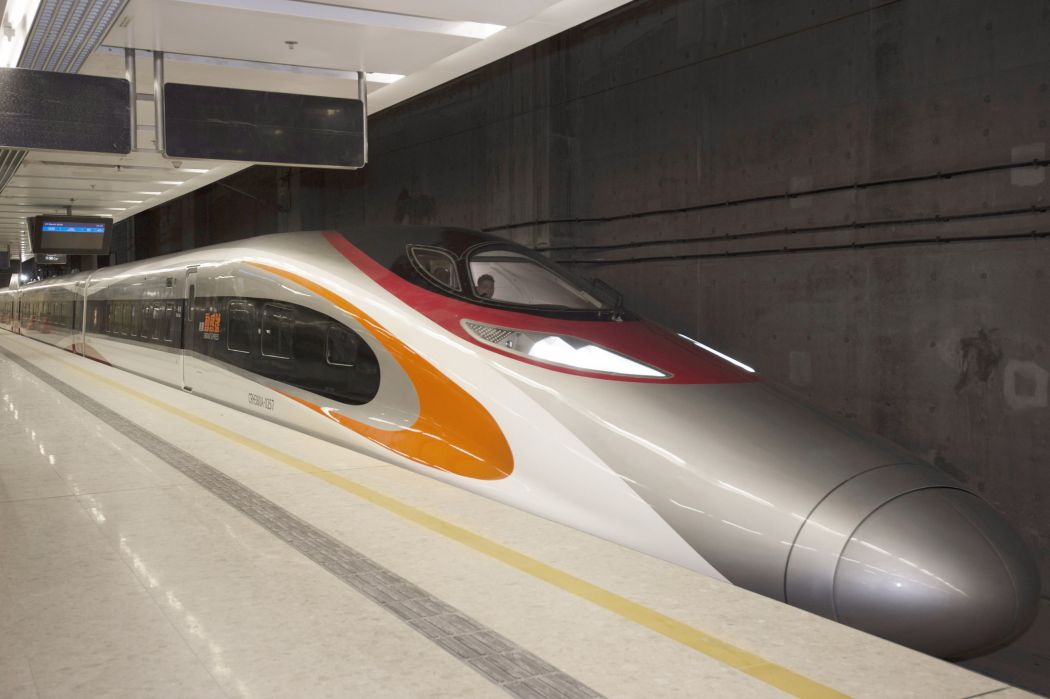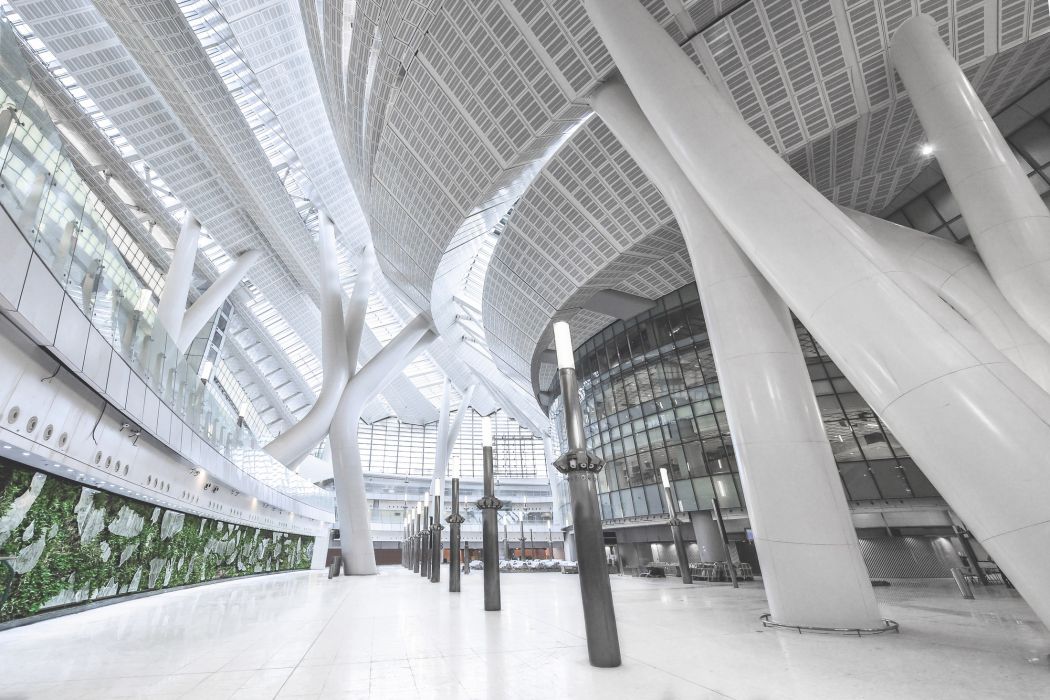The government has announced that the controversial joint checkpoint law at Kowloon’s high-speed rail link terminal will be implemented on September 4, when mainland officers will begin working inside the area.
In a press release on Thursday, the government said that the commencement notice for the Guangzhou-Shenzhen-Hong Kong Express Rail Link (Co-location) Ordinance will be gazetted on Friday. It stipulates that the ordinance will come into operation next Tuesday ahead of the project’s first day of operation on September 23.
Under the proposal passed by the legislature in June, Hong Kong will effectively give up its jurisdiction across a quarter of the new West Kowloon terminus known as the Mainland Port Area, where immigration and customs procedures will be performed by mainland law enforcement agents.

The arrangement was intended for faster clearance so that passengers would not have to leave the train at the border. But the pro-democracy camp and the city’s top legal groups have said that the arrangement is unconstitutional.
The High Court has decided to hear five legal challenges against the controversial mechanism as one case. The two-day hearing will begin on October 30.
From midnight on September 4, the mainland will begin to exercise jurisdiction – except in several legal areas – as defined in the Ordinance. Mainland officials will begin preparatory work for the opening of the station, though they will not be able to enforce the law in any area beyond the Mainland Port Area.

The government also issued a booklet to inform the public about the co-location mechanism. The booklet said that, if passengers encounter crimes in the area, they should seek assistance from mainland personnel stationed at the area.
For crimes which may occur in the area, the Hong Kong police will arrange a tripartite conference call between the caller and mainland authorities to allow the Chinese side to follow up. If necessary, Hong Kong personnel may be authorised to render assistance in the area.
Hong Kong’s telecommunication networks will be usable inside the area, and passengers can still call the emergency numbers 999 and 112 – it will be transferred to the Hong Kong police emergency call centre.
Hong Kong fire officers will enter the area should a fire break out.

There are some matters inside the area that will still be under Hong Kong’s jurisdiction. For instance, if a passenger slipped on a wet floor within the area and claims damages from the rail’s operator, it shall be handled by Hong Kong courts. The same goes for civil disputes.
Hongkongers who work inside the area will not be legally considered as working outside the territory of Hong Kong, and do not have to pay mainland tax or purchase mainland insurance.
Correction: A previous version of this article put 112 as the mainland emergency number. It is the common emergency telephone number instead.
